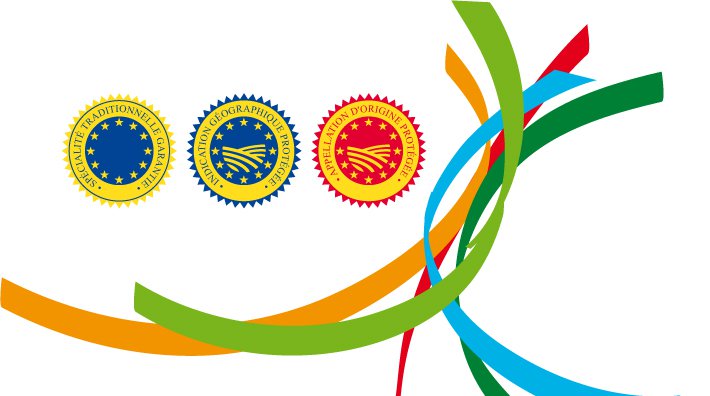
April 9th was the deadline to respond to the public consultation on the revision of EU geographical indications scheme, through which the European Commission (EC) called upon citizens, organizations and public authorities to provide their views on how to strengthen EU Quality policy.
Following the consultation of its member regions and representatives of producers, AREPO submitted a position paper that sets out proposals to address the six challenges identified at the basis of this revision.
Recognising that enforcement and controls are essential for the effective implementation of geographical indications (GIs) and Traditional Specialities Guaranteed (TSG) at each stage of the value chain, AREPO welcomed the intention of the EC to improve protection and enforcement of the GIs in Member States (MS) and in third countries. The quality and level of controls in MS should be harmonised in order to guarantee a level playing field to producers and the same level of protection to consumers, while safeguarding the specificities of the different GI sectors at national level. To this end, besides suggesting to strengthen GIs protection on the internet and against the abuse of reputation, AREPO focused on the need to improve and strengthen communication between MS on the rules implemented and the sharing of good practices on several aspects in order to progressively harmonise the quality and level of controls, respecting MS specificities.
In the position adopted, AREPO also emphasised that simplification and harmonisation of the administrative procedure for GIs registration and amendment should help to speed up and reduce the cost of the whole process.
Tackling the issue of sustainability, AREPO reminded that GIs already contribute to the sustainability of the agri-food system, thanks to their qualitative link between the product and its territory of origin. However, there is still room for improvement. Yet, to do so, producer groups and single producers should be accompanied and assisted through a voluntary approach.
The revision has to empower producer groups. Regulation (EU) No 1151/2012 draws special attention to the importance of collective organisation and the role of producer groups, nevertheless, AREPO stressed the urgency to further strengthen GI producer groups by giving them a greater role in promoting, marketing, and protecting GIs. Among our recommendations to the EC, we asked to analyse the way GI producer groups are structured in different Member States to better understand the nature and prerogatives of GIs groups and ensure the best possible implementation. In addition, we suggested to introduce preliminary training and information session for potential producers.
Another challenge the revision intends to deal with is consumer information and awareness. The average consumer has difficulties in identifying and differentiating the logos of different EU quality schemes and the values associated with them. As a consequence, AREPO recommended actions concerning the use of EU logos on the product labelling, the promotion of EU quality schemes under EU promotion policy and the use of the new online tool GIview to improve EU quality policy transparency and information to consumer.
Consumers lack of awareness and knowledge becomes almost absolute when it comes to TSG. Despite a small number of registered products, the entire system shouldn’t be erased, rather the EC should examine the possibility to strengthen and improve TSGs, including by guaranteeing a protection comparable to GIs intellectual property right.
Finally, the position submitted by AREPO presents an annex delivering a preview of the key findings of the study (to be published) the Association realised concerning the use of GIs as ingredient in processed products. In fact, an improvement of EU legislation concerning labelling of foodstuffs using GIs as ingredients would contribute to several of the priorities at the heart of the revision, namely to clarify legal framework and to empower GI producer groups.
More information :
AREPO Position paper public consultation EU quality policy (final)





